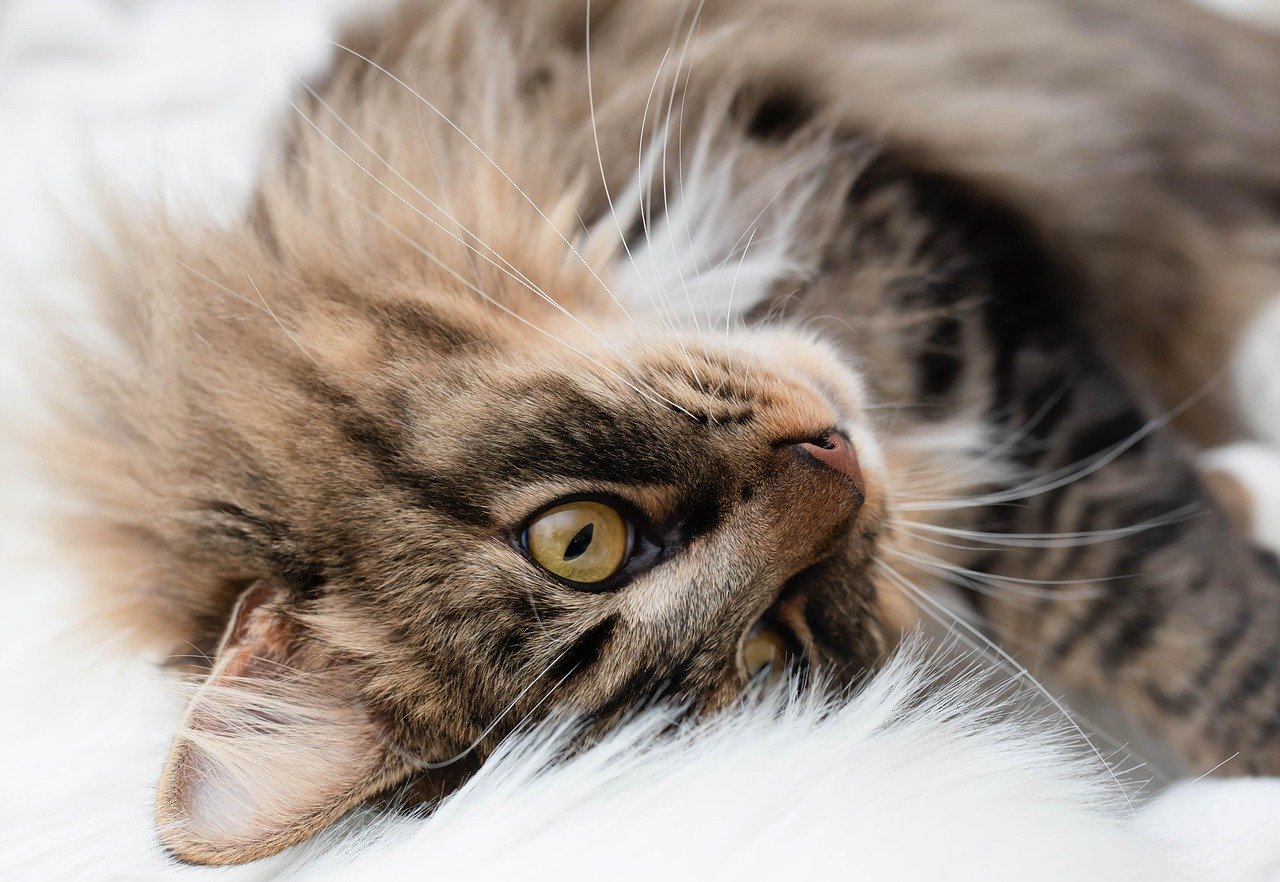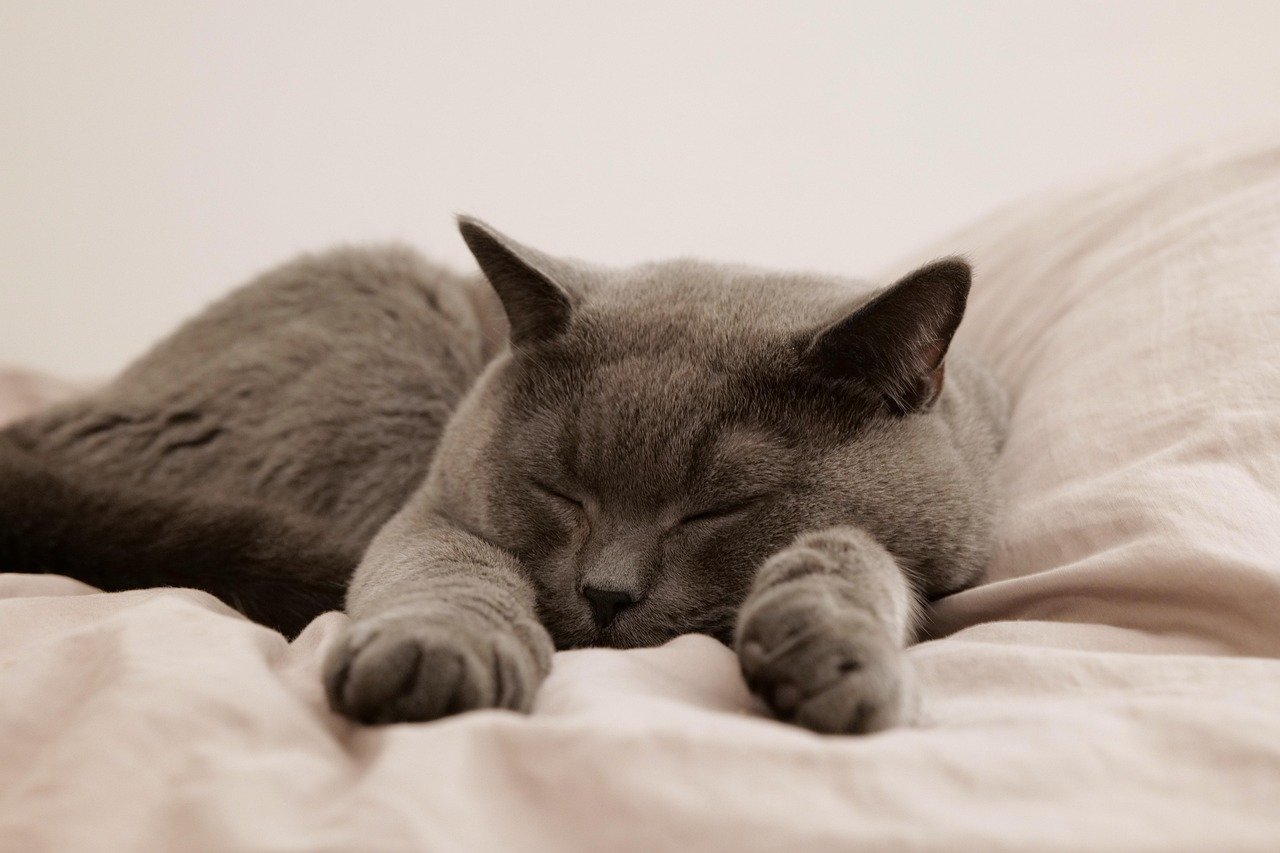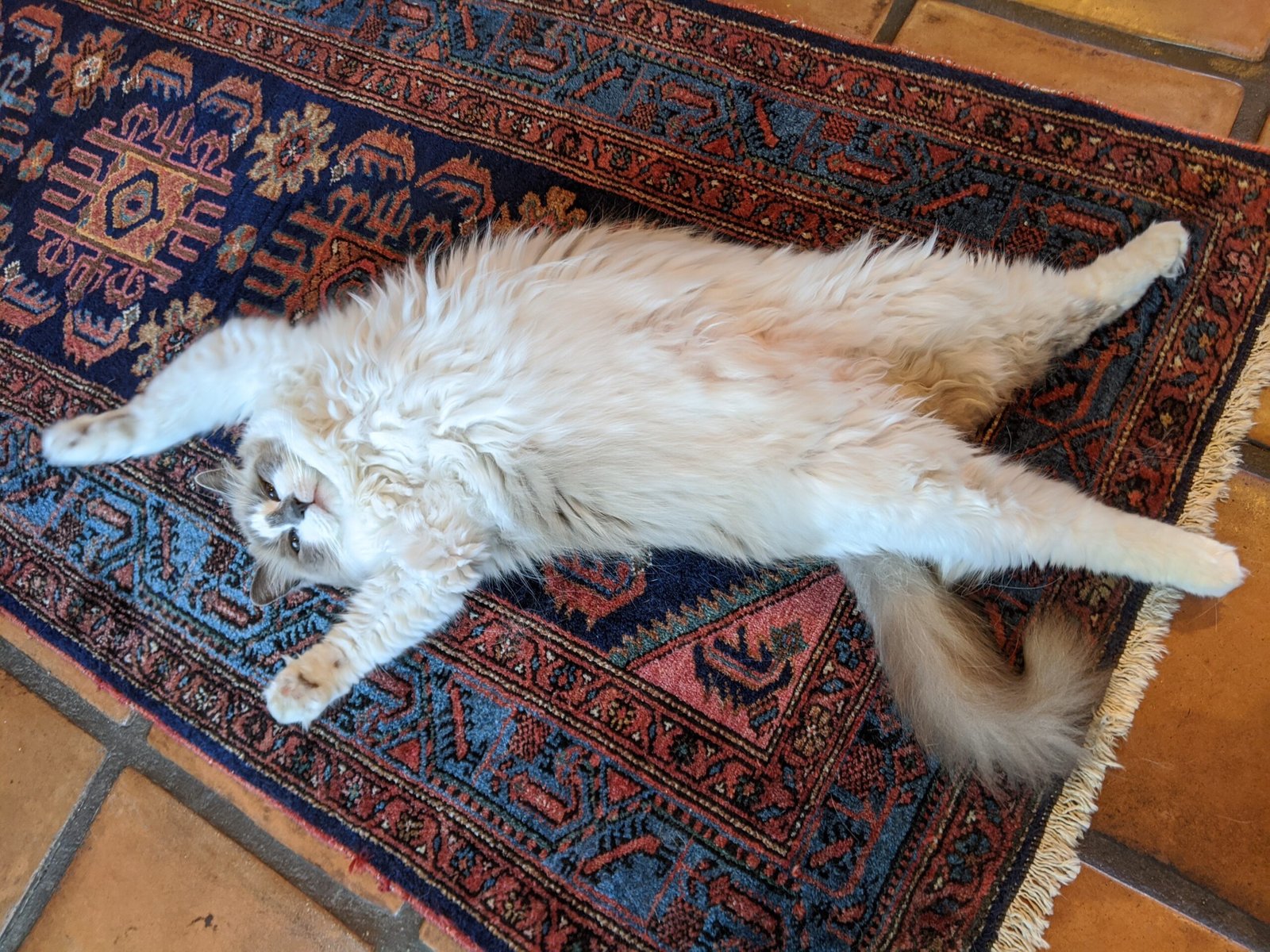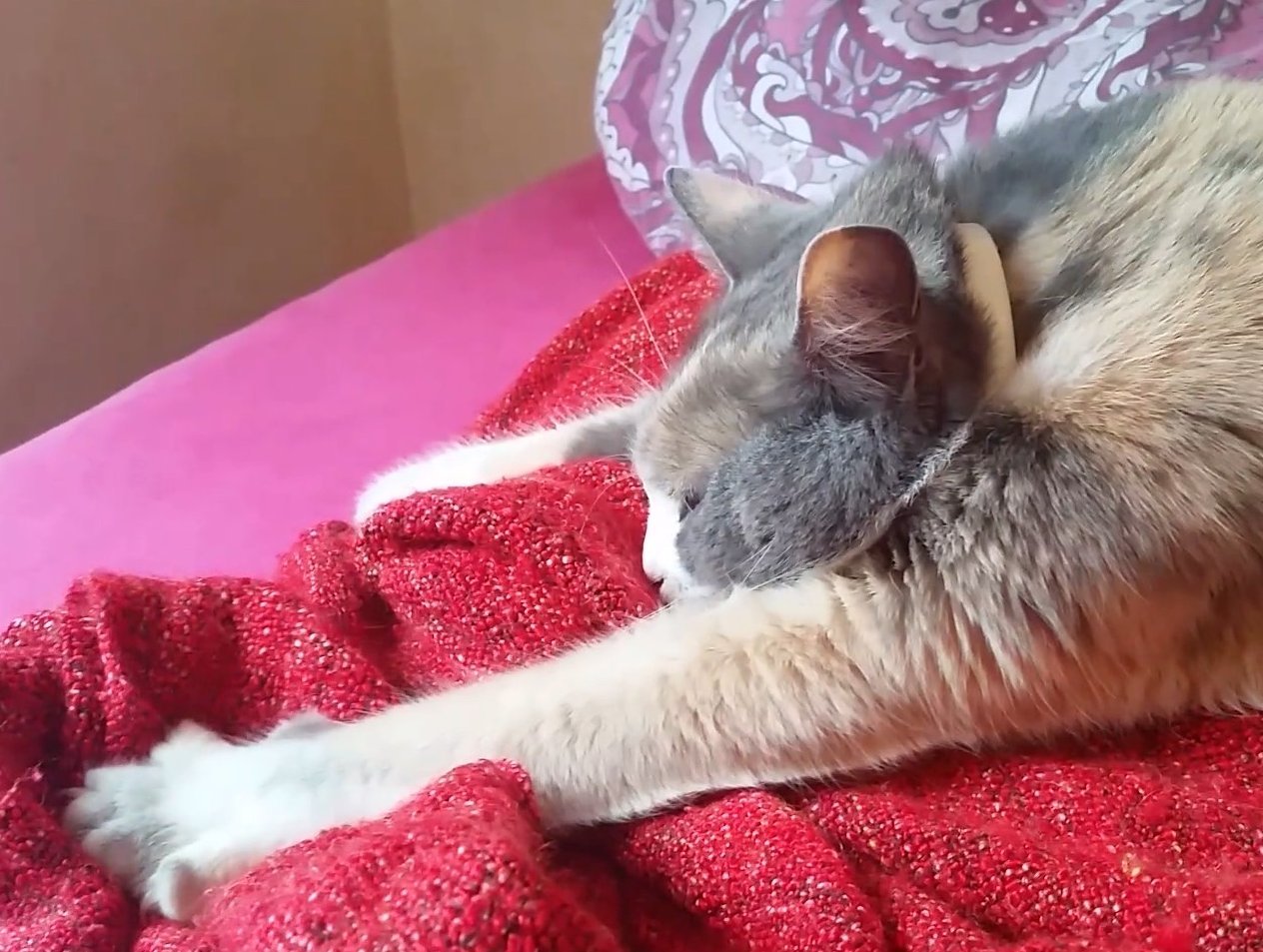Have you ever caught your cat staring at you and wondered what’s going on inside their mysterious feline mind? While our whiskered friends are famously independent, they are also masters at hiding their true feelings. Beneath that cool, aloof exterior beats a heart full of affection—if you know where to look. For cat lovers everywhere, decoding these secret gestures is like unlocking a treasure chest of love and trust. Let’s dive into the fascinating world of how cats reveal their hidden affection, often in the most surprising, subtle, and heart-melting ways.
Slow Blinking: The Cat’s “I Love You”
Cats may have a reputation for being aloof, but those who know them well understand—felines have their own mysterious way of showing love. It’s just a little more subtle, a little more secretive, and a whole lot more meaningful once you learn how to spot it. From quiet gestures to quirky behaviors, your cat might be saying “I love you” in ways you’ve never even noticed.
When your cat looks at you and slowly closes and opens their eyes, it’s not just a sleepy gesture—this is a silent feline “I love you.” Slow blinking is a powerful sign of trust in the cat world. By closing their eyes in your presence, your cat is showing that they feel safe and comfortable around you, as they wouldn’t dare drop their guard for just anyone. You can return the favor by slow blinking back, which can deepen your bond even further. Imagine it as your cat’s way of blowing a kiss from across the room. It’s gentle, genuine, and so easy to miss if you’re not looking for it. Next time you catch those dreamy eyes blinking at you, know that your cat is sharing a quiet, loving secret.
Head Bunting: Marking You as Their Own
Have you ever felt your cat nudge you with their head? That’s called head bunting, and it’s much more than a random push. Cats have scent glands on their foreheads, and when they press their head against you, they’re marking you with their own scent—a sign of ownership and acceptance. This is reserved for their closest companions, signaling that you’re part of their trusted circle. Head bunting often happens when you’re least expecting it, perhaps as you type away on your laptop or sit quietly reading. It’s a gesture that says, “You belong to me, and I belong to you.” It’s both a claim and a confession of affection.
Purring With a Purpose

There’s nothing quite as soothing as the sound of a cat’s purr. While cats do purr for different reasons, including self-soothing and even when they’re in pain, a happy, contented purr in your company is a clear sign of love. If your cat curls up next to you and starts to purr, it’s their way of telling you they feel safe and happy. Some cats will even purr more loudly when you pet them, reinforcing the bond you share. This gentle rumble is like a love song, vibrating straight from their heart to yours. It’s comforting, healing, and deeply personal.
Following You Around
Even though cats have a reputation for being independent, many will follow their favorite people from room to room. If your cat shadows your steps, it’s not just curiosity—it’s affection. They simply want to be near you, whether you’re making coffee, folding laundry, or just moving about your home. This behavior shows that your presence brings them comfort and joy. Some cats will even sit outside closed doors, waiting for you to return. It’s their way of saying, “I like your company,” without needing to make a sound. Being your little shadow is one of the sweetest, most subtle declarations of love.
Sleeping on or Near You

Cats are at their most vulnerable when they sleep, so where they choose to nap speaks volumes. If your cat curls up on your lap, chest, or even just beside you, it’s a powerful sign of trust and affection. They feel safe enough to let their guard down completely. Some cats will drape themselves over your feet or squeeze into the crook of your arm. It might not always be the most comfortable arrangement for you, but it’s a true show of devotion from your feline friend. Sleeping close to you means you are their safe haven.
Tail Language: The Upright “Question Mark”
A cat’s tail can reveal a world of emotion. When your cat approaches you with their tail held high, sometimes with a little curve at the tip, it’s a clear sign of happiness and confidence. This “question mark” tail is an affectionate greeting and a sign of trust. It’s their way of saying, “I’m glad to see you!” Some cats will even give a gentle tail quiver when especially excited. Watching your cat’s tail language can help you understand their moods and recognize when they’re expressing affection in their own unique style.
Grooming You: Kitty Kisses and Licks
Cats groom those they love. If your cat licks your hand, arm, or even your hair, they are treating you as part of their family. This behavior, called allogrooming, is usually reserved for close feline friends and trusted humans. The sensation may be a bit rough, thanks to their sandpaper tongues, but it’s an intimate gesture of affection and care. Some cats will even try to “fix” your hair or nibble gently on your fingers. While it might seem a bit odd, these kitty kisses mean you’ve been fully accepted into their exclusive club.
Bringing You “Gifts”
As strange as it may seem, when your cat brings you a toy, a sock, or even something less pleasant, they’re showing affection. In the wild, mother cats bring food to their kittens. When your house cat presents you with a “gift,” they’re expressing care and wanting to share their treasures. It’s a quirky, sometimes hilarious, and always heartfelt gesture. Even if you’d rather not receive a slobbery toy mouse, remember: your cat is saying, “You’re my family, and I want you to have this.”
Chirping and Trilling

Some cats communicate their love through delightful sounds like chirps, trills, or little meows that are different from their usual calls. These happy noises are often reserved for greetings or when they’re especially pleased to see you. If your cat greets you at the door with a soft trill or chirp, it’s like a feline “hello” just for you. These sounds are typically used between mother cats and kittens, so when your adult cat makes them for you, it’s a sign of deep affection and attachment.
Rolling Over and Showing Their Belly

A cat exposing their belly is a sign of ultimate trust. In the wild, the belly is a vulnerable spot, so if your cat flops over and shows you their soft underbelly, they’re demonstrating that they feel completely safe. Some cats will even invite you to give them a gentle belly rub, though not all enjoy this. Even just the act of rolling over in your presence is a warm, affectionate gesture. It’s their way of saying, “I trust you with my life.”
Kneading With Their Paws

When your cat presses their paws rhythmically against your body or a soft blanket, they’re engaging in a behavior known as kneading. This action stems from kittenhood, when kittens knead their mothers to stimulate milk flow. Adult cats carry this behavior into adulthood, using it as a way to show contentment and affection. If your cat kneads you, they’re essentially saying, “You make me feel as safe and happy as I did with my mother.” It’s both nostalgic and heartwarming—a true sign of love.
Gentle Nibbles and Love Bites
Some cats express their affection with gentle nibbles or “love bites.” These are not aggressive or meant to hurt; instead, they’re a playful, affectionate gesture. You might feel a soft bite on your finger or arm during a cuddling session. This is your cat’s way of interacting with you as they would with another close companion. It’s their subtle way of saying, “You’re special to me,” even if the message comes with a tiny pinch. Always observe your cat’s body language to distinguish between love bites and true irritation, but in most cases, these soft nibbles are a quirky sign of affection.

Born and bred in South Africa, a Capetonian at heart. Amy-Leigh’s love for nature and animals was inherited from her Dad. He loves taking the family on road trips to experience nature at its finest; Amy-Leigh’s favourite being whale watching in Hermanus and spotting Kudu along the West Coast. Amy-Leigh holds a BA in English Literature and Communication Studies.





